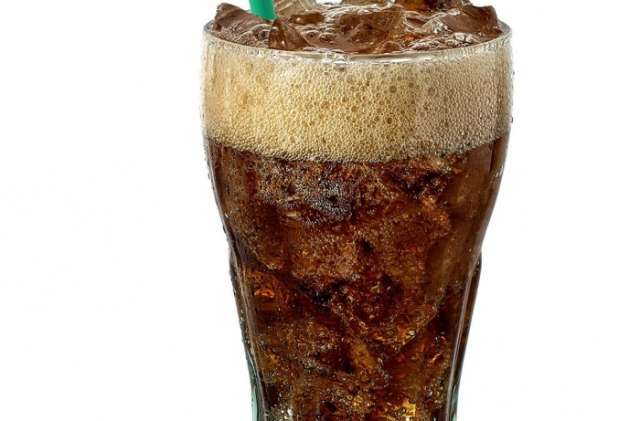They recruited 27 healthy participants and gave some of them capsules containing artificial sweeteners, an amount equivalent to five cans of diet drinks.
The capsules contained sucralose and acesulfame K and had to be taken three times a day for two weeks.
The others took placebo capsules.
Once the study was over, tests were taken which showed that those who were consuming artificial sweeteners had damaged their body’s ability to manage glucose, which could subsequently lead to developing type two diabetes in the long run.
Participants’ blood sugar levels were obviously higher after consuming the sweeteners, whereas their gut peptides, which prevent the surge of blood glucose levels after eating and drinking, were impaired.
“This study supports the concept that artificial sweeteners could reduce the body’s control of blood sugar levels and highlights the potential for exaggerated post-meal glucose levels in high habitual NAS [non-caloric artificial sweeteners] users, which could predispose them to develop type 2 diabetes,” the study’s authors said, whose findings were presented at the European Association for the Study of Diabetes in Lisbon, Portugal.
More than 4 million Britons are thought to have type two diabetes, Diabetes UK reports.
Though experts have cited the results as "interesting", some have said that the Australian study is too small to draw substantial conclusions regarding the idea that consuming artificial sweeteners increases the risk of type two diabetes.
“We need to see the results of larger trials testing in settings more true to real life before we’ll know more,” explained Emma Elvin, a clinical adviser at Diabetes UK.
More about: #fizzydrinks
















































